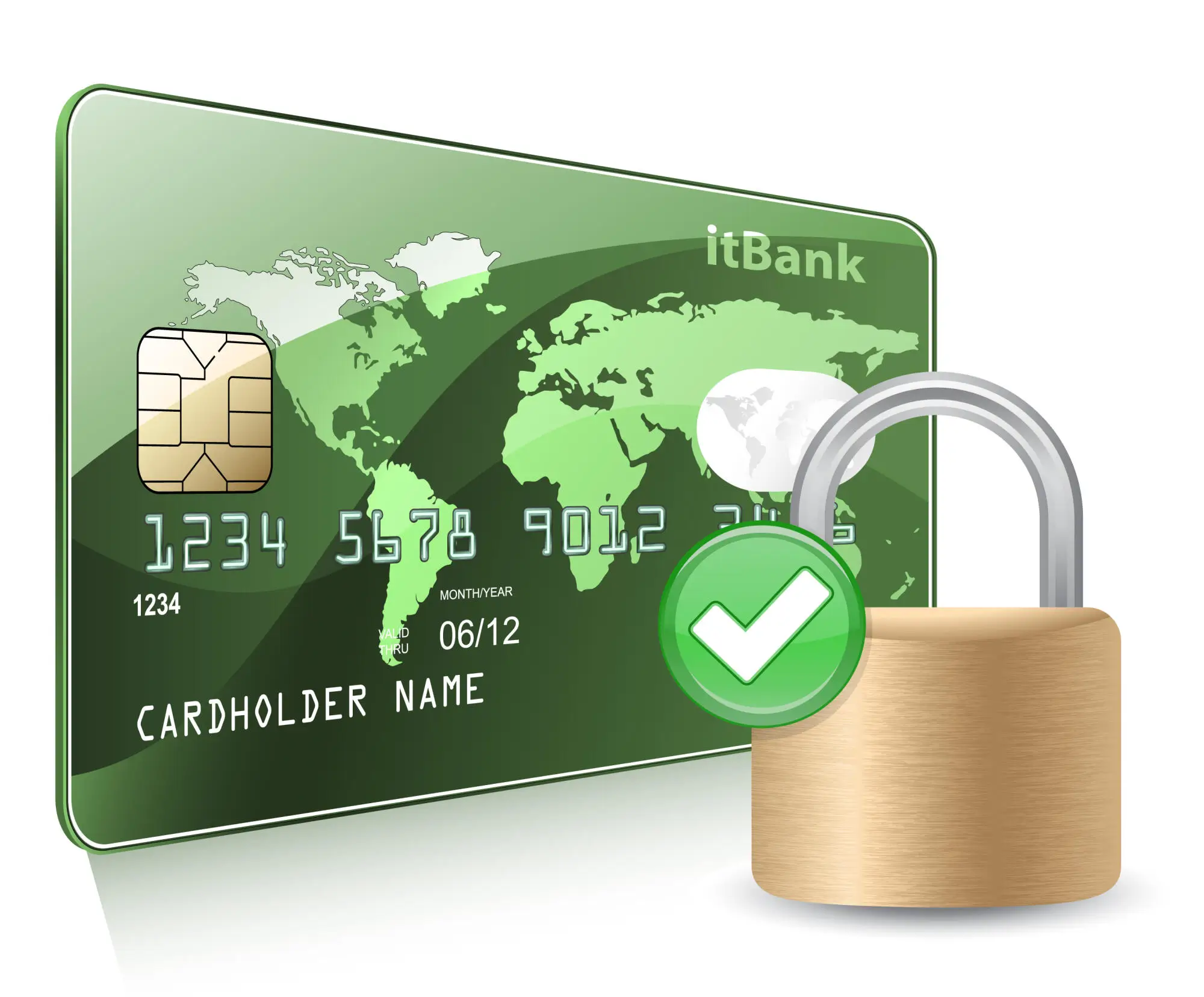Security deposits are vital in the landlord-tenant relationship, serving as a financial safeguard for property owners. Understanding the nuances of security deposits is essential for landlords and tenants to avoid disputes and ensure a smoother rental experience. For example, according to the AAOA, most states have very strict rules about when you need to return them, before 30 days at most.
In this article, we will explore what security deposits are and some of the relevant landlord-tenant laws associated with them. Discover essential tips to ensure effective management of these funds. We'll help you protect your investment and foster a positive environment.
What Are Security Deposits?
A security deposit is an upfront sum of money landlords collect from tenants before they move into a rental property. These deposits are an essential aspect of property management and are designed to cover potential damages, unpaid rent, or cleaning costs.
Both parties must understand how security deposits work, especially concerning local landlord-tenant laws.
Understanding Landlord-Tenant Laws
Different states have specific landlord-tenant laws governing security deposits. Typical regulations include the maximum amount landlords can charge (often equivalent to one or two months' rent), the need to place the deposit in a separate, interest-bearing account, and required timelines for returning the deposits after the lease ends.
Security Deposit Tips for Landlords and Tenants
Whether you collect it straight away or later, the following tips should help you handle the basics of security deposits. Ensure you understand the nuances of each one, and get help from a specialist where you need it.
Document the Condition
Before moving in, create a detailed checklist of the property's condition. Include photos to capture issues, ensuring that landlords and tenants are on the same page.
Provide Clear Expectations
Landlords should clearly outline what constitutes a refundable security deposit versus non-refundable fees. These include cleaning or administrative fees.
Develop a Solid Lease Agreement
A well-drafted lease agreement should cover the security deposit's amount, use, and conditions for retaining the deposit. This step provides clarity and transparency for both parties involved.
Be Prompt with Refunds
Returning security deposits promptly after a tenant moves out is a legal requirement in many jurisdictions. It also enhances the landlord's reputation.
Communication is Key
Maintain open communication with tenants throughout their rental period. Address maintenance requests and issues swiftly to avoid misunderstandings when returning the deposit.
Future Outlook on Security Deposits
The growing popularity of property management services has streamlined the handling of security deposits. Technology is transforming how landlords collect, manage, and return deposits. Digital platforms now allow tenants to receive deposit refunds quickly, enhancing the rental experience.
Understanding these changes will be crucial for optimal property management as the rental market evolves.
Protect Your Investment with Us
Understanding security deposits is crucial for both landlords and tenants. We discussed tips for effectively managing deposits, returning them promptly, and navigating landlord-tenant laws. Knowledge of these elements fosters better relationships and protects your investment in rental properties.
PMI PHX Gateway excels in these areas by offering top-tier property management services. We utilize advanced technology to streamline deposit handling, ensuring transparency and efficiency for property owners and tenants. Let us help you maximize your investment. Call us today to discuss how we can support your real estate goals.



